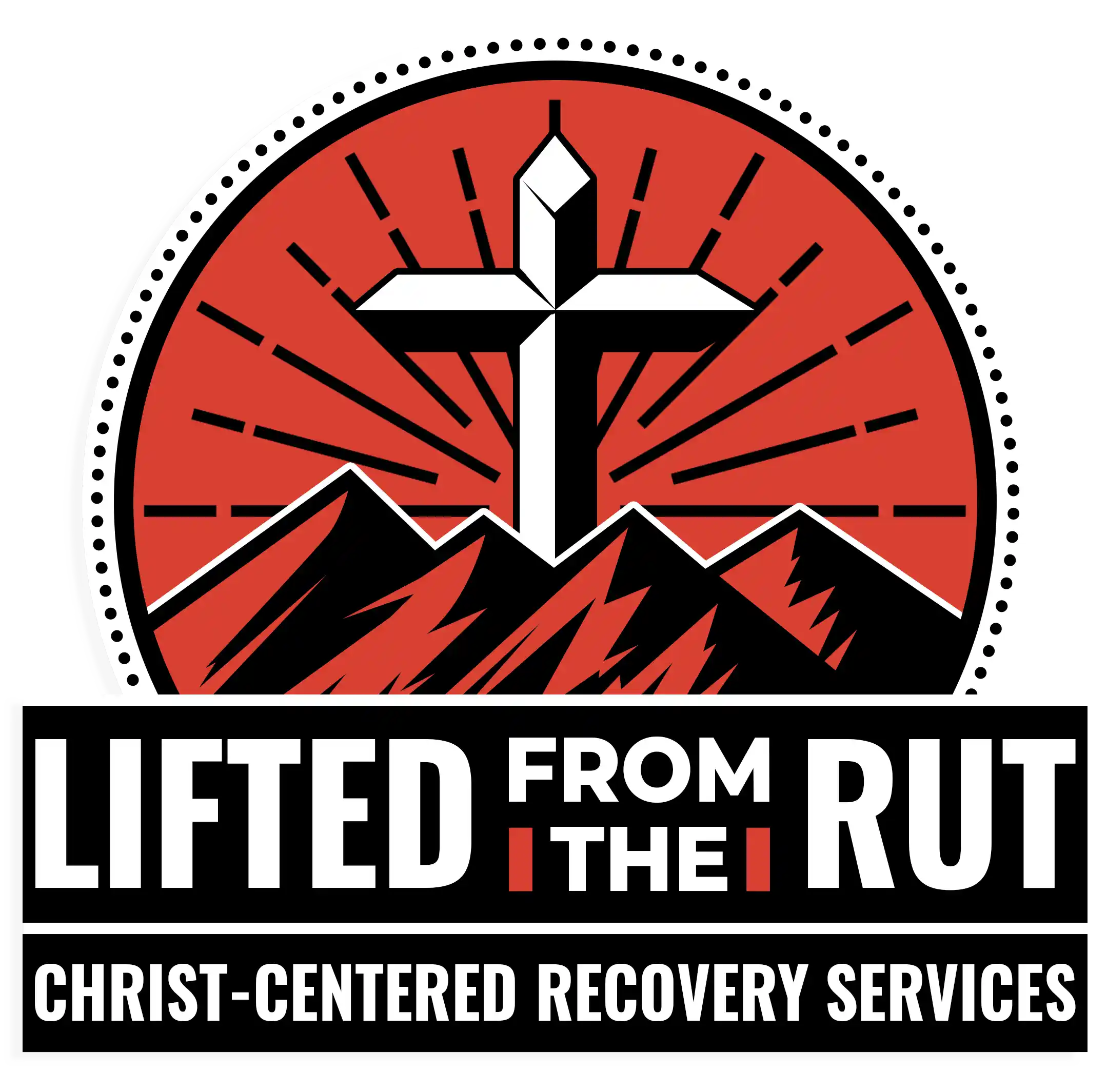When you embark on your recovery journey, journaling can be a powerful tool to support your growth and healing. One powerful tool to support this healing process is journaling. Recovery journaling prompts serve as a powerful tool in addiction treatment by fostering self-honesty, emotional expression, and personal accountability.
In this article, we will outline journaling prompts that empower individuals to track progress, build resilience, and fulfill a life beyond addiction.
Why Use Journaling in Addiction Recovery?
By regularly putting pen to paper, you will cultivate self-awareness, enabling you to better understand your thoughts, emotions, and behaviors in the recovery journey.
This heightened insight can lead to improved decision-making and more effective coping strategies. Journaling in addiction recovery also provides a safe space to express difficult feelings, reducing stress and preventing emotional buildup that could trigger a relapse.
As you track your progress through daily entries, you will be able to celebrate milestones and recognize patterns, reinforcing your commitment to sobriety.
At LFTR Christian Rehab Services we provide personalized care designed to help you break the cycle of alcohol addiction and substance use. We approach interventions from a Christian perspective, bringing in elements of prayer, worship music and even journaling to facilitate a deeper level of connection and healing as you undertake your recovery from drug and alcohol addiction.
15 Addiction Recovery Journal Prompts
- “What have I learned about myself during the recovery process?”
- “How are you doing right now? Don’t hold back.”
- “Describe yourself in 5, 10, and 100 words.”
- “What does unconditional love look like for you? Have you ever felt it?”
- “Write a goodbye letter to something you want to eliminate during recovery.”
- “Identify the last mistake you made that you feel ashamed about. What did you learn?”
- “What are you grateful for in your life? Write as many as you can.”
- “What are the things in your life that make you smile?”
- “Identify something kind you’ve done for someone recently. How can you show the same love to yourself?”
- “What do you want to accomplish tomorrow?”
- “After recovery, what’s one skill you’d love to learn?”
- “Write down 4 questions you want answers to. How will you get those answers?”
- “Write a letter to one of the five people you love the most, even if you don’t deliver it.”
- “When you meet new people, what do you want them to know about you?”
- “Talk about your first love – person, place, pet, or experience.”
How to Start Your Recovery Journal
Dedicate 10-15 minutes each day to writing, creating a consistent space for reflection on your experiences and emotions.
Choose a comfortable environment and writing tools that resonate with you, as there are no strict rules for formatting your entries. Begin with straightforward journaling prompts that encourage self-exploration, such as examining your current emotional state or identifying triggers that challenge your recovery journey.
Embrace the freedom to express yourself creatively, focusing on honesty over structure. Regularly revisit previous entries to observe your growth and changes in perspective, reinforcing the progress you’ve made.

Tips for Maximizing Your Journaling Practice
Establish a consistent routine that allows for deep self-reflection and emotional exploration. Set aside a particular time daily to create a habit that enhances your recovery journey and puts you on track to becoming sober.
Experiment with various formats like drawings, bullet points, or free-form writing to find what works best for you. Revisit previous entries after a month to observe your progress and gain insights.
Utilize recovery center resources or online journal prompts that resonate with your experiences, enabling focused exploration of emotions, triggers, and aspirations.
How Recovery Journaling Supports Long-Term Sobriety
Through regular self-reflection, you will enhance your self-awareness, identifying triggers and patterns that may lead to relapse.
Recovery journaling provides a creative outlet for expressing difficult emotions, alleviating stress and turmoil, which is crucial for maintaining sobriety.
You will celebrate small victories and track progress, reinforcing positive behaviors and motivation.
Journaling promotes personal accountability, encouraging honest self-reflection about your emotional states and decisions.
Over time, you’ll build resilience by confronting and articulating challenges, ultimately strengthening your commitment to sobriety.
Final Thoughts from LFTR Christian Rehab Services
At LFTR Christian Rehab Services, we recognize the profound impact that journaling can have on the recovery process. We encourage our clients to engage in journaling throughout their treatment to help them explore their experiences, identify triggers, and celebrate progress on their healing journey. Our treatment programs in Littleton, Colorado covers pre-intervention planning involving your family and friends, strategic treatment plans tailored for your loved one and family, transporting you to a rehab facility, structured family coaching programs, and post-treatment recovery coaching and aftercare plans.





